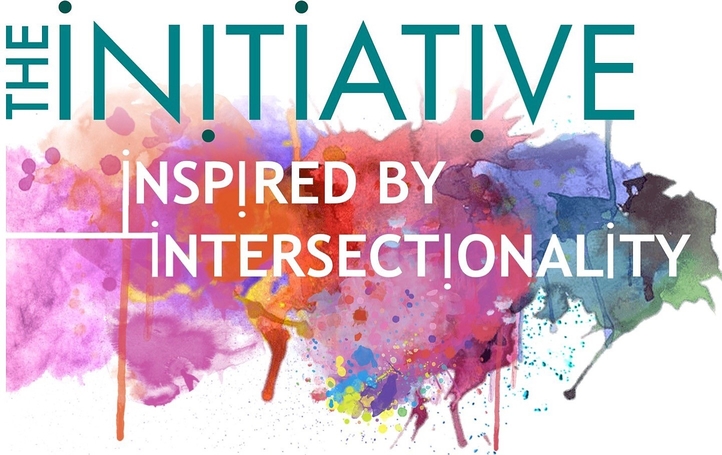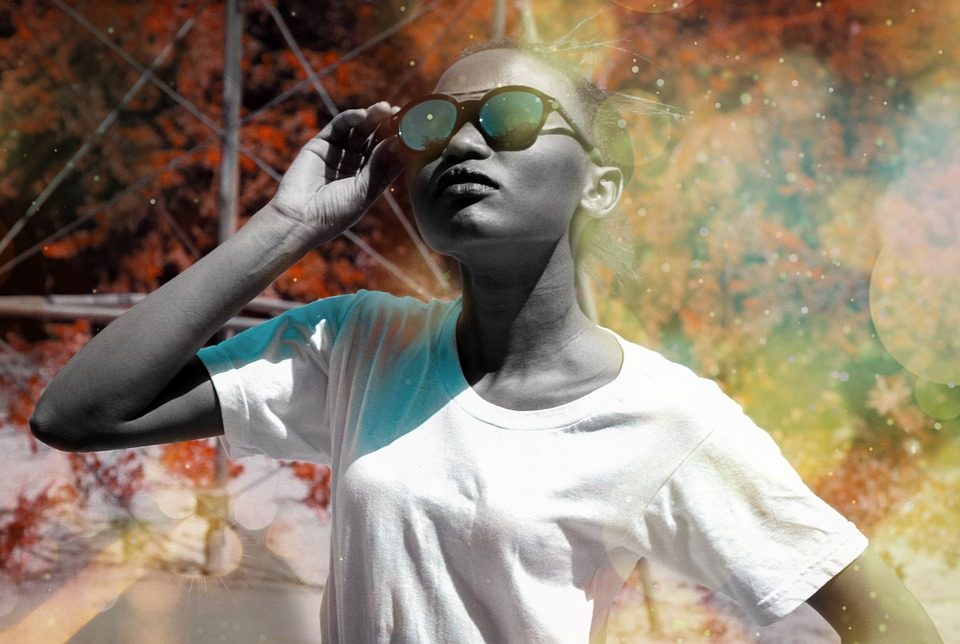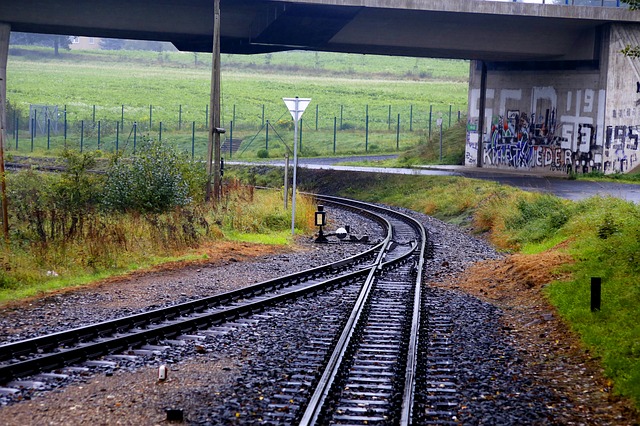Supporting Recovery From Brain Injury
April 10, 2018 By Casey Beyer and Emma Martin
June 29, 2018
How Accessible is Pride: Reflections For The Month Of June
The Initiative is dedicated to providing safe, confidential services for people with disabilities who have experienced abuse, and also recognizes that every client we support and uplift has multi-faceted, different, and beautiful identities. For the past few decades, June has been hailed as a month to celebrate and affirm LGBTQIA+ identified people, a tradition which is meant to honor the Black, trans people of color who started what we now call the Gay Rights Movement. Throughout the year, The Initiative is strives ensure that all LGBTQIA+ identified folks can find a safe and accommodating space in our organization.
What first comes to mind when we think about Pride? People marching down the streets, waving flags, cheered on by friends and allies. During a month where specific places and spaces are being carved out for the queer community, whether it’s community gatherings, demonstrations, arts festivals, tributes… how often is disability centered in that culture-building? Denver hosts one of the largest Pride celebrations in the country, and yet there is no posted information or resources regarding disability and access to assist folks in navigating all the events the month of Pride brings. Furthermore, disability isn’t centered in the mainstream movement for queer liberation, leaving spaces physically inaccessible, and also reinforcing the idea that you can’t be queer and disabled at the same time.
There isn’t one thing anyone can do to make Pride accessible, and one of the most important ways that we can begin to create and accessible culture is to change the way we think. By listening to people with disabilities — their stories, their experiences, and the barriers they face, we are validating that their identities have a place within this movement. It’s important to step back, make space for identities which have been silenced, honor the people who ignited the movement, and reshape the culture of Pride to be accessible for all people within the LGBTQIA+ community.





